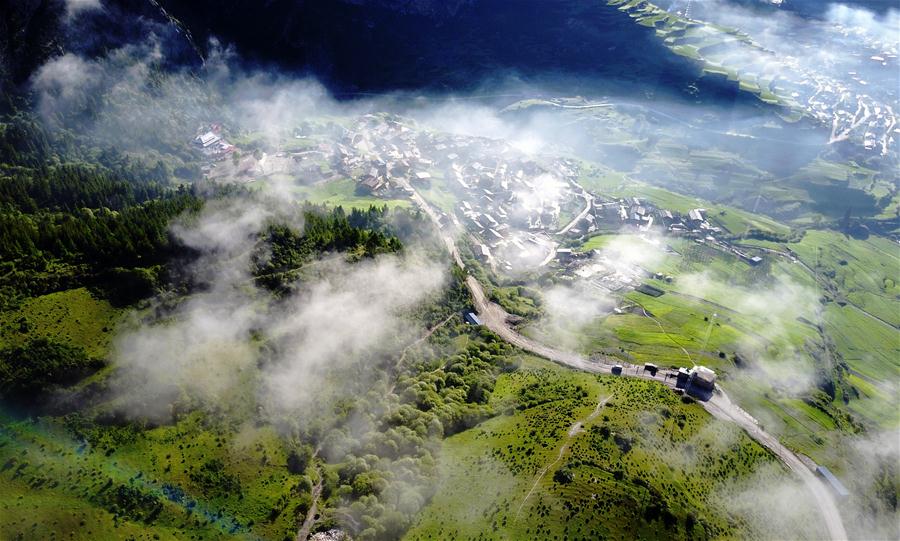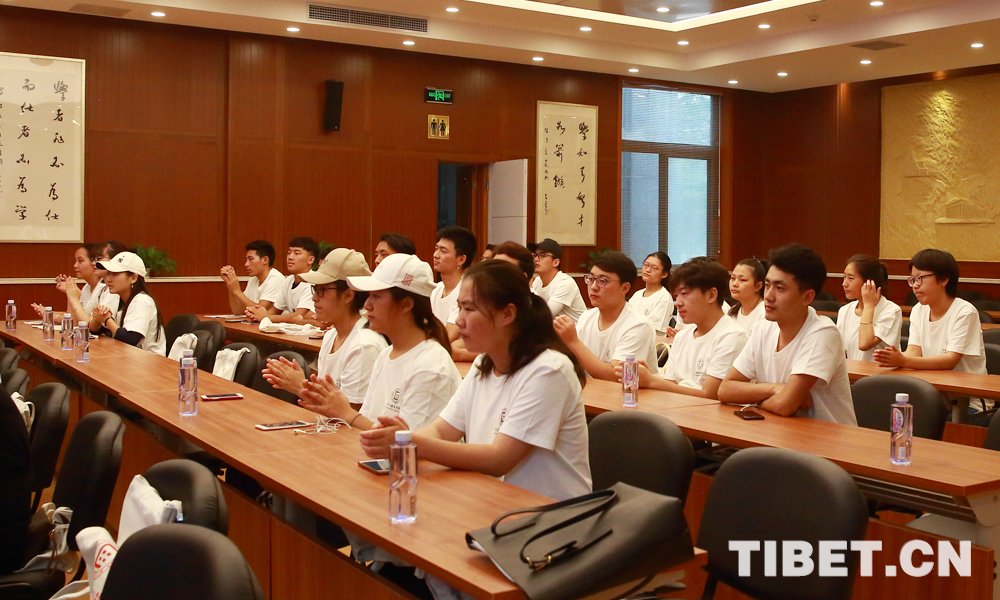Cleanup after sloppy mountaineers a must
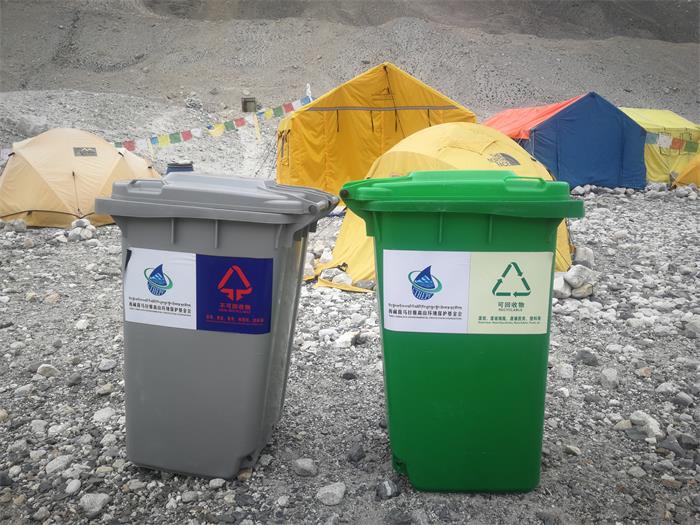
Garbage bins have been distributed to the Qomolangma Base Camp since the spring of this year.[Photo/China Daily]
The Tibet autonomous region is taking steps to protect the environment of its mountaineering destinations, an official with Tibet's Mountaineering Management Center said.
The region began environmental protection work in mountaineering areas in 2003, and has stepped up the effort in recent years, the center's deputy director, Pema Trinley, said.
The region has five mountains above 8,000 meters, more than 70 above 7,000 meters, and more than 1,000 above 6,000 meters.
"Only 46 peaks are open to mountaineers, and cleaning is required whenever a climbing activity takes place," Pema Trinley said.
This year's cleanup campaign targeted human waste left by mountaineers at the Qomolangma Base Camp — at an altitude of 5,200 meters on the world's highest mountain, known as Mount Everest in the West — and at altitudes above 6,000 meters on it and two other mountains, the center said.
Your Comment
Name E-mailRelated News
-
-
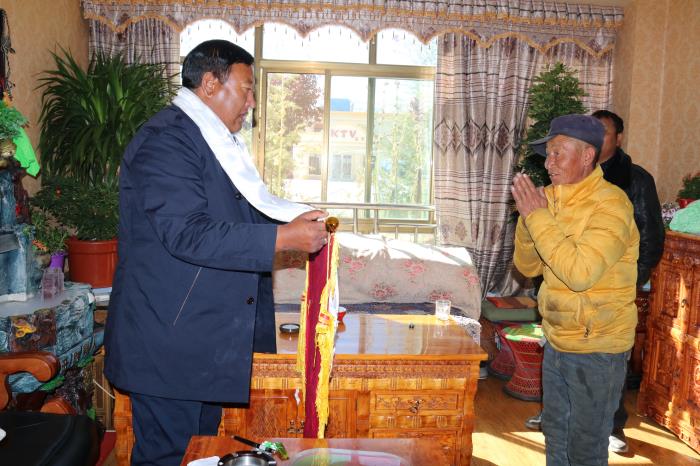
-
Entrepreneur builds bright future for Himalayan home
Most people in the Tibet autonomous region's Lhunze county know "Dak" Padruk; not just because he is a successful businessman, but for his warmheartedness and generosity.
-
-
-

-
Healthcare accessible high upon the plateau
Residents of the Tibet autonomous region can now enjoy comprehensive medical services at local hospitals accredited as top-class healthcare institutions in China.
-
-
-

-
Screening for congenital heart disease comes to Tibet
On July 11th, "The Angel's Tour: Screening for Congenital Heart Disease for Impoverished Children in Tibet" formally launched.
-
-
-
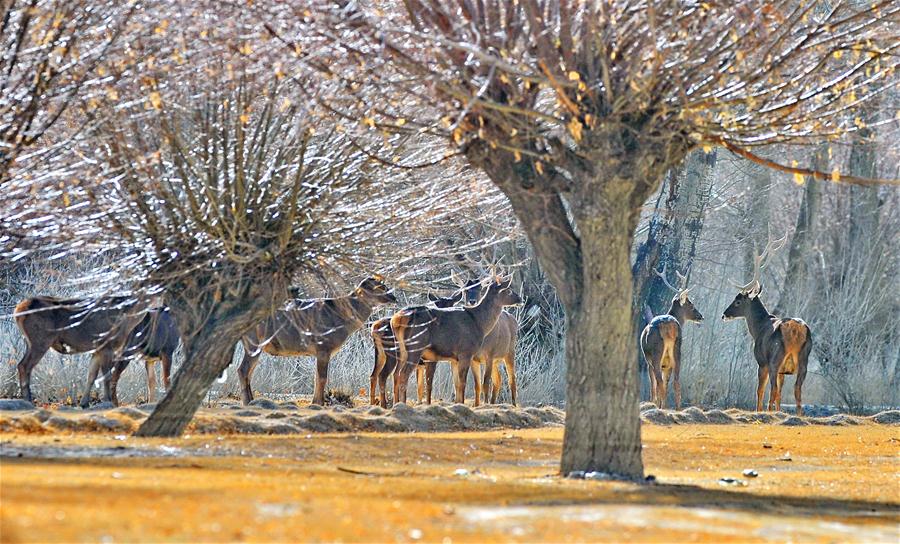
-
Tibet compensates residents for damage caused by wild animals
Tibet Autonomous Region, a natural habitat for many species of wildlife in southwest China, has spent 730 million yuan (109 million U.S. dollars) to compensate residents for damage caused by wild animals.
-
-
-

-
Historical Tibetan-language works to go digital
Ten Chinese higher-learning institutes have jointly launched a project to digitize historical Tibetan-language documents in Lhasa, capital of southwest China's Tibet Autonomous Region.
-



